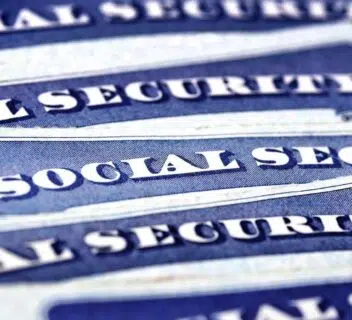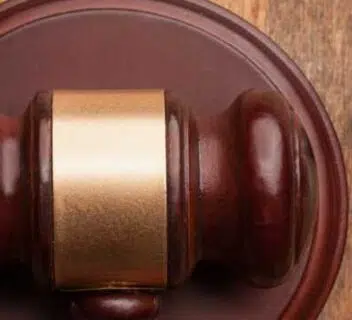The Enforceability Of Liability Waivers In A Personal Injury Dispute
If you’ve been injured in an accident due to the fault of another, then the law may entitle you to damages as compensation. Every legal dispute is different, however. In some personal injury cases, there may be a liability waiver that — at least on the surface — seems to prevent you from suing the defendant and obtaining compensation for your losses.
For example, if you were injured while bungee jumping, the defendant is likely to point to the fact that you signed a liability waiver before you put on the equipment and jumped. This can lead to a lot of confusion for plaintiffs. Does the liability waiver actually apply to their case, or is it unenforceable?
The truth is that many liability waivers are unenforceable. Though businesses will often attempt to minimize their liability by forcing people to sign waivers, that does not necessarily mean that the waiver will be enforced. In fact, there are many exceptions to enforcement.
Let’s take a closer look at some liability waiver basics.
Liability Waiver Basics
Waivers allow businesses to contract around liability — in other words, to reduce their potential liability by adding on new, stricter limitations on injury liability. Worth noting: liability waivers are legal regardless of the applicable state jurisdiction.
What might a liability waiver look like?
Suppose that you’ve been injured in a recreational boating accident. The boating tour operator made all passengers sign a waiver, however, which states that they have given up the right to sue the business for related injuries. More specifically, the waiver states that the business is not responsible for any harm sustained on the boat or due to the boat.
How does this actually work in real-world scenarios?
Generally speaking, courts are uncomfortable with allowing businesses to redraw the bounds of liability to a significant degree. Courts do not want businesses to be able to circumvent their duty of care entirely. As such, they tend to be quite careful not to enforce overly broad liability waivers.
Exceptions To The Enforceability Of A Liability Waiver
A significant percentage of liability waivers are unenforceable, for a number of different reasons. States tend to impose different rules when it comes to liability waivers, but there are some general principles that remain true between states.
Liability waivers must be:
a) Sufficiently specific as to the harm that is covered by the waiver (i.e., limited in scope);
b) Not be coerced and must not be between parties with a significant difference in relative bargaining power; and
c) In accordance with public policy.
So, for example, a liability waiver that shields a boating operator from liability for all harm sustained due to the boat will likely be considered too broad. The waiver is not sufficiently specific or limited in scope, and this “over broadness” is most likely violative of public policy, too.
Now, it’s also worth noting that liability waivers can only cover simple negligence. Even an enforceable liability waiver cannot apply to reckless or intentional misconduct.
Though intentional misconduct is obvious (i.e., if a boating tour operator intentionally crashes your boat to cause you injuries), reckless behavior can be more difficult to understand. As a rule, reckless behavior is when a defendant acts in a way that they know has a substantial risk of causing harm to others, but they disregard this substantial risk and engage in that behavior anyway.
For example, a boating tour operator that does not stock enough life vests is likely engaging in reckless conduct, as they are aware that failing to stock enough life vests on-board is a substantial risk that could lead to injury/death for the passengers.
Contact A Personal Injury Lawyer In Our Network For A Free Consultation
If you’ve been harmed in an accident (in which you may be subject to a liability waiver), then it’s important that you consult a qualified personal injury lawyer for guidance on how best to proceed with the legal dispute.
Here at 1-800-THE-LAW2, we operate a large network of attorneys who are standing by to provide skilled assistance. Call us today to get connected to an experienced personal injury attorney in just 10 minutes or less. Consultation is free and confidential, so there’s no downside to contacting us as soon as possible.
Our staff are available 24/7 in both English and Spanish. We look forward to speaking with you.




